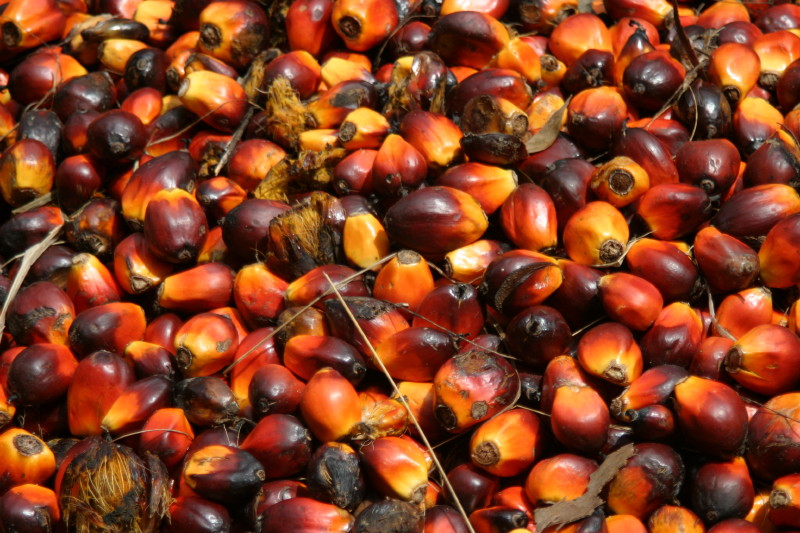According to data from the Malaysian Palm Oil Council (MPOC), Nigeria’s imports of crude palm oil (CPO) from Malaysia, the world’s top producer, increased by 505 percent in the first quarter of 2023 despite efforts by the federal government to encourage local production.
According to the data, the nation’s import of CPO from Malaysia grew to 63,788 metric tons (MT) in the first three months of 2019 from 10, 536 MT in the same period of 2022, a rise of 53, 252 MT on an annual basis.
The nation brought in 227,035 MT of crude palm oil from Malaysia in 2022.
The federal government included crude palm oil among the 41 goods barred from access to foreign exchange in an effort to increase domestic output.
Similar to this, the Nigerian government imposed a 35 percent tax (10% duty and 25% levy) on imports of palm oil in order to safeguard the sector and promote its expansion.
Despite this, the country continues to import more oil palm because of the enormous demand-supply disparity.
Experts estimate that Nigeria produces between 900,000 and 1.3 million MT of palm oil annually. Over N500 billion is thought to be imported annually. With a 2.1 million MT national demand, the supply imbalance is about 800,000 MT.
According to experts, the reason for the continuous increase in palm oil imports is that Nigerian CPO has remained less competitive than imported CPO due to high production costs among other factors.
They contend that this forces local manufacturers who utilize CPO as a raw material to import instead of supporting local suppliers.
“Since the inclusion of CPO in the country’s import prohibition list, Nigeria has significantly increased its production in the last 10 years,” Fatai Afolabi, executive secretary of the Plantation Owners Forum of Nigeria, said in a statement last year.
“But Nigeria is still importing a lot of CPO into the country and many are smuggled through the land borders,” Afolabi said.

